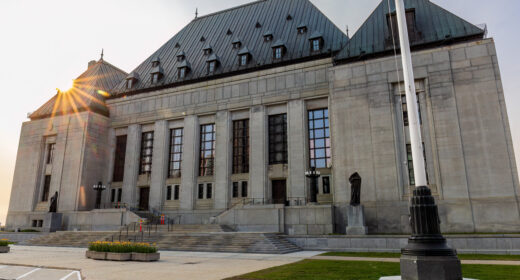Has the rapidly evolving nature of your business raised concerns that your hard-won US trademark registrations are no longer reflective of your current use in the United States?
If so, the United States Patent Office (“USPTO”) has announced a new pilot program on September 1, 2015 that will be of particular interest to trademark owners who are finding that their trademark registrations have not kept pace with the rate at which their protected goods and services have been subject to technological innovation.
The new pilot program is titled the “Technology Evolution Pilot Program” and can be viewed in its entirety here. Under the program, US trademark owners may be permitted to amend their outstanding US trademark registrations in cases where the overarching technology related to the protected goods and services has evolved and sufficiently changed the manner in which the goods and services are provided to potential customers.
This program is available in situations where the proposed amendment would otherwise be impermissible for broadening the scope of the trademark registration under consideration. Moreover, successful registrants will have to indicate that they can no longer demonstrate use on the outdated goods and services, and accordingly these goods and services will be replaced with wording in the amended registration that reflects these analogous goods and services in their modern form.
Examples of acceptable amendments identified by the USPTO include:
- “Phonograph records featuring music” in International Class 9 to “Musical sound recordings” in International Class 9;
- “Prerecorded video cassettes in the field of mathematics instruction” in International Class 9 to “Video recordings featuring mathematics instruction” in International Class 9;
- “Floppy discs for computers for word processing” in International Class 9 to “Providing on-line non-downloadable software for word processing” in International Class 42;
On the other hand, an unacceptable amendment would be as follows:
- “Downloadable software for use as a spreadsheet in the field of accounting” in International Class 9 to “Providing on-line non-downloadable software for use as a spreadsheet in the field of business management” in International Class 42.
Note that in the amendment proposed above, the application of the software has changed from “accounting” to “business management”, thereby impermissibly altering the scope of the trademark registration.
Some selected and important considerations that potential program participants will have to consider include:
- The Registrant will be required to waive Rule 2.173(e) “that no amendment to the identification of goods/services in a registration will be permitted except to restrict the identification or change it in ways that would not require republication”;
- The Registrant will be required to declare that use of the original goods and services can no longer be demonstrated, and as such the Registrant will be forced to delete these goods and services from the subject registration;
- The Registrant will be required to declare that it currently uses the trademark on analogous yet evolved technology;
- The Registrant will undertake not to file a Section 15 affidavit of incontestability for a subsequent period of five years;
- A specimen must be provided that demonstrates use of the mark (with dates) on the “new” goods and services; and
- The proposed amendment will be published on a webpage accessible through the Trademark Official Gazette for third party comment.
Given that the required petition fee for amending the registration is less than the filing fee for an entirely new US trademark application, this pilot program could be of particular interest to US trademark owners in the software, media, cloud computing, social networking and mobile communications spaces. In these sectors, rapid changes over the past decade have drastically changed and, in some cases, completely eliminated the manner in which many goods and services are delivered to customers.


